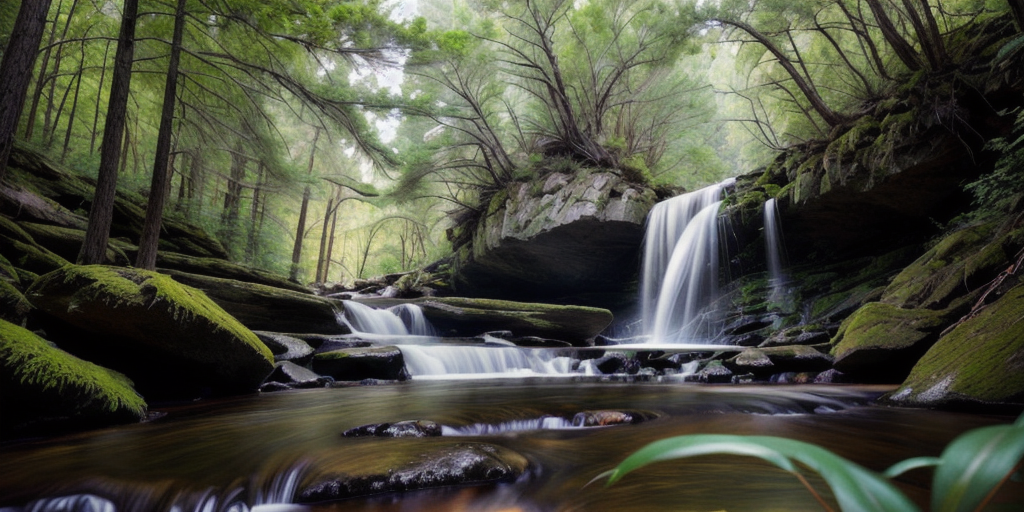
Trump to strip protections from millions of acres of national forests
How did your country report this? Share your view in the comments.
Diverging Reports Breakdown
Trump to strip protections from millions of acres of national forests
A decades-old rule protecting tens of millions of acres of pristine national forest land would be rescinded. If the rollback survives court challenges, it will open up vast swaths of largely untouched land to logging and roadbuilding. Environmental groups condemned the decision and vowed to take the administration to court. The logging industry welcomed the decision, saying the forests are overgrown, unhealthy, dead, dying and burning.. The Roadless Area Conservation Rule dates to the late 1990s, when President Bill Clinton instructed the Forest Service to preserve increasingly scarce roadless areas in the national forests. Conservationists considered these lands essential for species whose habitats were being lost to encroaching development and large-scale timber harvests. Democrats and environmentalists argued for keeping the roadless rule in place, saying it would protect critical habitat and prevent the carbon dioxide trapped in the forest’s trees from escaping into the atmosphere. The protections, which took effect in 2001, have been the subject of court battles and sparring between Democrats and Republicans ever since.
If the rollback survives court challenges, it will open up vast swaths of largely untouched land to logging and roadbuilding. By the Agriculture Department’s estimate, this would include about 30 percent of the land in the National Forest System, encompassing 92 percent of Tongass, one of the last remaining intact temperate rainforests in the world. In a news release, the department, which houses the U.S. Forest Service, criticized the roadless rule as “outdated,” saying it “goes against the mandate of the USDA Forest Service to sustain the health, diversity, and productivity of the nation’s forests and grasslands.”
Advertisement
Environmental groups condemned the decision and vowed to take the administration to court.
“The roadless rule has protected 58 million acres of our wildest national forest lands from clear-cutting for more than a generation,” said Drew Caputo, vice president of litigation for lands, wildlife and oceans for the environmental firm Earthjustice. “The Trump administration now wants to throw these forest protections overboard so the timber industry can make huge money from unrestrained logging.”
The Roadless Area Conservation Rule dates to the late 1990s, when President Bill Clinton instructed the Forest Service to come up with ways to preserve increasingly scarce roadless areas in the national forests. Conservationists considered these lands essential for species whose habitats were being lost to encroaching development and large-scale timber harvests.
Advertisement
The protections, which took effect in 2001, have been the subject of court battles and sparring between Democrats and Republicans ever since.
The logging industry welcomed the decision.
“Our forests are extremely overgrown, overly dense, unhealthy, dead, dying and burning,” said Scott Dane, executive director for the American Loggers Council, a timber industry group with members in 46 states.
He said federal forests on average have about 300 trunks per acre, while the optimal density should be about 75 trunks. Dane said President Donald Trump’s policies have been misconstrued as opening up national forests to unrestricted logging, while in fact the industry practices sustainable forestry management subject to extensive requirements.
“To allow access into these forests, like we used to do prior to 2001 and for 100 years prior to that, will enable the forest managers to practice sustainable forest management,” he said.
Advertisement
Monday’s announcement follows Trump’s March 1 executive order instructing the Agriculture Department and the Interior Department to boost timber production, with an aim of reducing wildfire risk and reliance on foreign imports.
Because of its vast wilderness, environmental fragility and ancient trees, Alaska’s Tongass National Forest became the face of the issue. Democrats and environmentalists argued for keeping the roadless rule in place, saying it would protect critical habitat and prevent the carbon dioxide trapped in the forest’s trees from escaping into the atmosphere. Alaska’s governor and congressional delegation have countered that the rule hurts the timber industry and the state’s economy.
After court battles kept the rule in place, Trump stripped it out in 2020, during his first term, making it legal for logging companies to build roads and cut down trees in the Tongass. President Joe Biden restored the protections, restricting development on roughly 9.3 million acres throughout the forest.
Advertisement
Trump officials have gone further this time, targeting not just the rule’s application in Alaska but its protections nationwide. In her comments Monday, Rollins framed the decision as an effort to reduce the threat of wildfires by encouraging more local management of the nation’s forests.
“This misguided rule prohibits the Forest Service from thinning and cutting trees to prevent wildfires,” Rollins said. “And when fires start, the rule limits our firefighters’ access to quickly put them out.”
The Forest Service manages nearly 200 million acres of land, and its emphasis on preventing wildfires from growing out of control has become more central to its mission as the blazes have become more frequent and intense because of climate change. Yet critics of the administration’s approach have said Trump officials have worsened the danger by firing several thousand Forest Service employees this year.
Advertisement
Advocates for the roadless rule said ending it would do little to reduce the threat of wildfires, noting that the regulation already contains an exception for removing dangerous fuels that the Forest Service has used for years.
Chris Wood, chief executive of the conservation group Trout Unlimited, said the administration’s decision “feels a little bit like a solution in search of a problem.”
Source: https://www.washingtonpost.com/climate-environment/2025/06/23/roadless-rule-public-lands-repeal/
